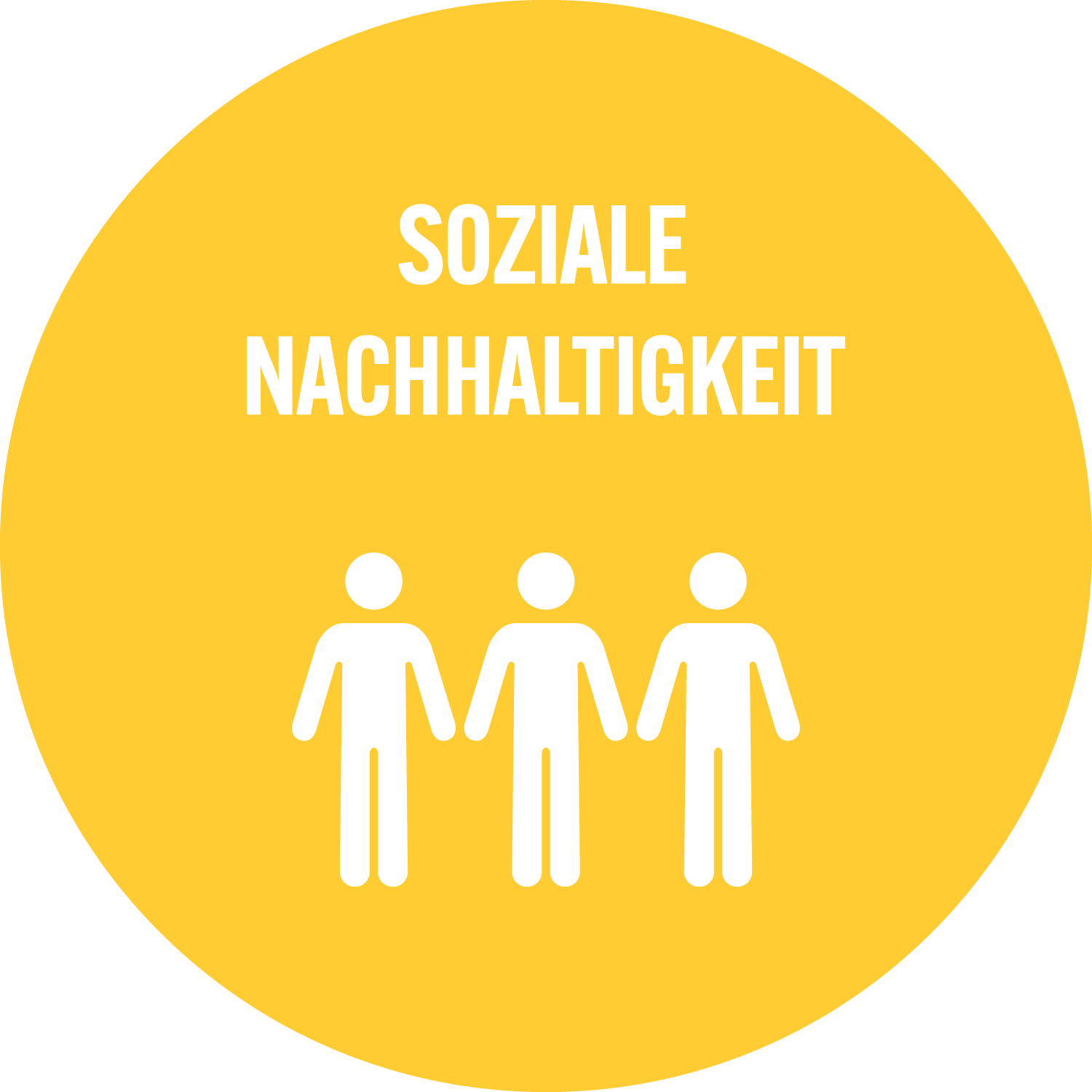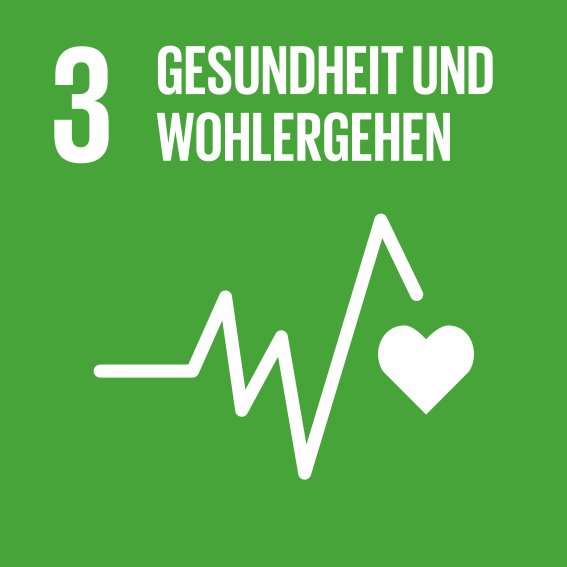|
Following the crowd in times of crisis: Descriptive norms predict physical distancing, stockpiling, and prosocial behavior during the COVID-19 pandemic
Rudert, Selma Carolin
;
Janke, Stefan
![[img]](https://madoc.bib.uni-mannheim.de/style/images/fileicons/application_pdf.png) |
PDF
rudert-janke-2021-following-the-crowd-in-times-of-crisis-descriptive-norms-predict-physical-distancing-stockpiling-and.pdf
- Veröffentlichte Version
Download (417kB)
|
|
DOI:
|
https://doi.org/10.1177/13684302211023562
|
|
URL:
|
https://madoc.bib.uni-mannheim.de/61085
|
|
Weitere URL:
|
https://journals.sagepub.com/doi/10.1177/136843022...
|
|
URN:
|
urn:nbn:de:bsz:180-madoc-610851
|
|
Dokumenttyp:
|
Zeitschriftenartikel
|
|
Erscheinungsjahr:
|
2022
|
|
Titel einer Zeitschrift oder einer Reihe:
|
Group Processes & Intergroup Relations : GPIR
|
|
Band/Volume:
|
25
|
|
Heft/Issue:
|
7
|
|
Seitenbereich:
|
1819-1835
|
|
Ort der Veröffentlichung:
|
London
|
|
Verlag:
|
Sage
|
|
ISSN:
|
1368-4302 , 1461-7188
|
|
Verwandte URLs:
|
|
|
Sprache der Veröffentlichung:
|
Englisch
|
|
Einrichtung:
|
Fakultät für Sozialwissenschaften > Pädagogische Psychologie (Dickhäuser 2008-)
|
|
Bereits vorhandene Lizenz:
|
 Creative Commons Namensnennung 4.0 International (CC BY 4.0) Creative Commons Namensnennung 4.0 International (CC BY 4.0)
|
|
Fachgebiet:
|
150 Psychologie
|
|
Freie Schlagwörter (Englisch):
|
compliance , COVID-19 , descriptive norms , physical distancing , prosocial behavior , social influence , social norms , stockpiling
|
|
Abstract:
|
Individuals engage in a variety of behavioral responses to cope with the COVID-19 pandemic, from complying with or transgressing against physical distancing regulations, to stockpiling or prosocial behavior. We predicted that particularly descriptive social norms are important in driving pandemic-related behavior as they offer guidelines in times of insecurity and crisis. To investigate this assumption, we conducted a longitudinal survey with two measurement points ( n = 1,907) in Germany during the spring of 2020. Results show that descriptive norms (perceived behavior of close others) positively predicted future transgression against distancing regulations, stockpiling, and prosocial behavior over time. In our analysis, we account for previous behavior as well as other potential predictors (subjective threat, personality). In sum, our findings highlight the power of descriptive norms in increasing compliance with pandemic-related regulations and promoting future prosocial behavior.
|
 
 | Das Dokument wird vom Publikationsserver der Universitätsbibliothek Mannheim bereitgestellt. |
 Suche Autoren in Suche Autoren in
Sie haben einen Fehler gefunden? Teilen Sie uns Ihren Korrekturwunsch bitte hier mit: E-Mail
Actions (login required)
 |
Eintrag anzeigen |
|
|
 ORCID: https://orcid.org/0000-0003-1799-8850
ORCID: https://orcid.org/0000-0003-1799-8850



 Creative Commons Namensnennung 4.0 International (CC BY 4.0)
Creative Commons Namensnennung 4.0 International (CC BY 4.0)

 Suche Autoren in
Suche Autoren in